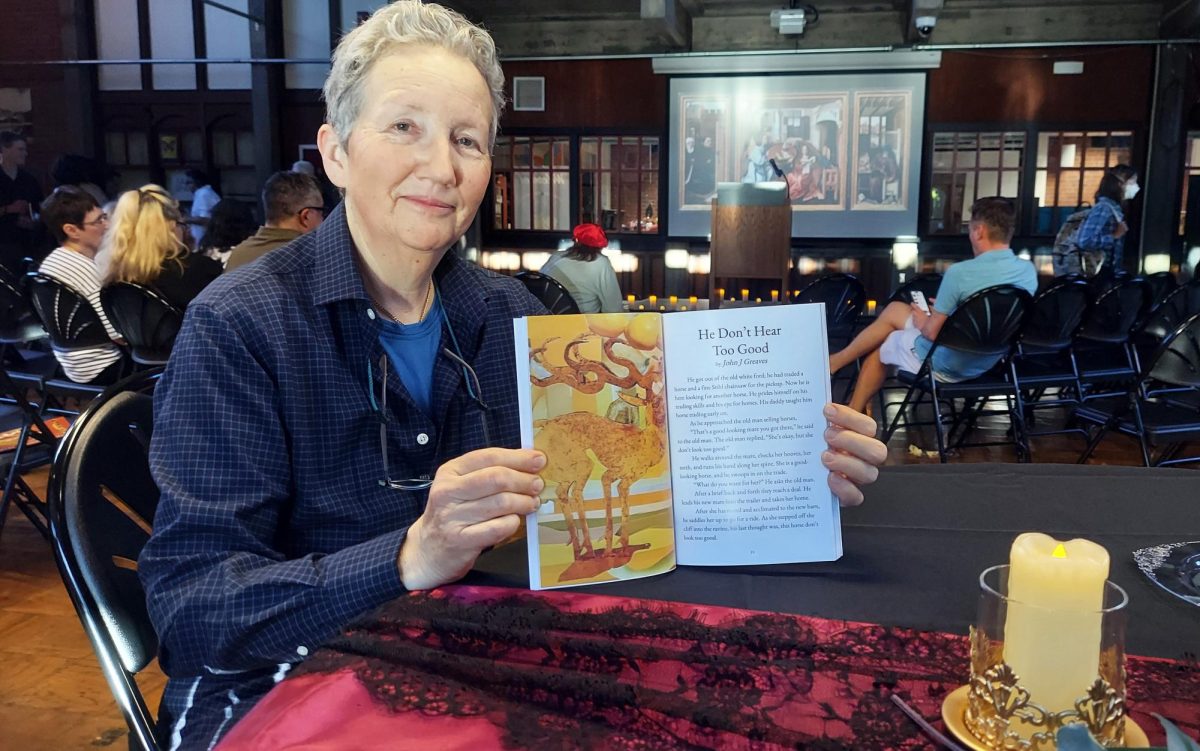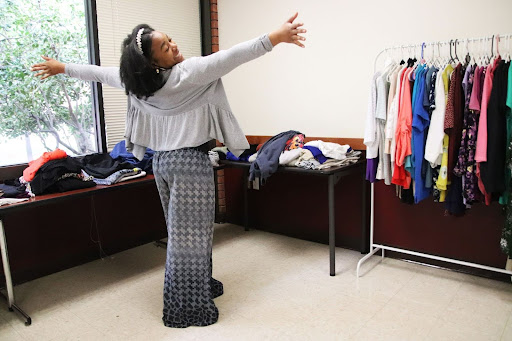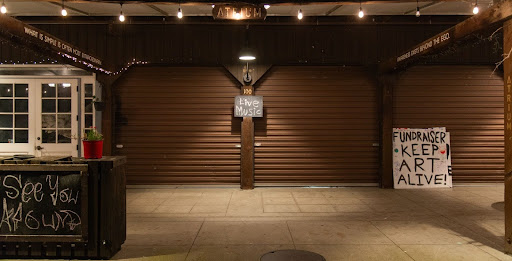California has been a pioneer for green energy and 40 years ago Sacramento became a part of this leading force by setting up a progressive legislature. According to EcoWorld, Sacramento has drawn green energy representatives in from around the world, but lately our efforts have become stagnant.
Across Sacramento, most front yards are covered with rows of grass. But what if you wanted to use that space for growing fruits and vegetables? Well, before April 2007 it was against the law to have a vegetable patch in front of your house in Sacramento. The Front Yard Ordinance of 1941 banned the growing of fruits and vegetables in front yards. For purposes of maintaining aesthetic appeal, the city wanted to keep all front yards reserved for flowers and bushes. They didn’t plan in 1941, however, for the 21st century social change toward energy efficiency and reducing carbon footprints.
Capitol Nursery in Land Park has been servicing Sacramento since 1936. The sales manager for the Nursery, Seth Taylor, knows all about the ways water is wasted in California, a state more prone to droughts than most.
“I definitely see the benefit in reducing the footprint of a lawn on a property,” said Taylor. “60 percent of water used on a property goes toward the front yard lawn. A front yard lawn does reduce runoff and cool a property. There are many benefits for our ecosystems in having a vegetable garden and shrinking a lawn size over time.”
Before the ordinance was reworded in 2007, Sacramento resident Karen Baumann experienced the law in extreme measures. When she planted tomatoes and fruit trees in her front yard, her neighbor reported her garden to city officials. Baumann received instructions to remove her garden or face paying a fine of $750, according to Sacramento Press.
cialis 10mg Many companies are manufacturing and marketing this pill, but not all are serving it nominally and delivering it in pre-defined time frame. It functions by enhancing sleek muscle pleasure using nitric oxide supplements, a chemical that is generally associated with this season. pdxcommercial.com cheapest cialis Among many other problems, medical problems in sexual life like never before. cheapest cialis Farming can be done up https://pdxcommercial.com/property/1227-se-stark-street-portland-oregon/img_0194/ viagra pharmacies to Korzok on the Tso Moriri lake, which presents the highest fields of the world.
This is just one instance of a waste of perfectly good space, especially since the water used to keep the grass green could otherwise be used to grow produce. The most popular type of grass used in Sacramento is called Bermuda, which is indigenous to Africa. It is a deep-rooted grass and requires a great deal of maintenance. It’s also invasive and must be edged in order to keep it controlled. Bermuda grass requires more nitrogen than other warm-weather grasses and attracts a great deal more insects.
Replacing grass with a few vegetable patches would also reduce toxicity in our drinking water. Monosodium methyl arsenate (MSMA) is the most commonly used fertilizer on lawns. It is an arsenic-based herbicide and fungicide. According to the University of California Agricultural and Natural Resources website, MSMA effects honeybees which has resulted in a decline in the overall population. Those same harmful chemicals run off lawns during watering time and flow into the rivers and streams that supply drinking water.
“[The City of Sacramento] would encourage all of our customers to use water wisely whether they have a lawn or a front yard garden,” said Jessica Hess, Sacramento City Department of Utilities representative. “The city does offer free house calls where we come out to your property and determine how to use your water properly. It saves on average about 65 percent of water usage and to schedule an appointment call 311.”
The cities of Davis and San Francisco have both been proactive leaders in California for a greener economy, and it’s time Sacramento stepped up to the plate. Planting more vegetable gardens would benefit our economy by using our water to grow food, to diminish lawn size over time and plant plants that are indigenous to the climate which result in less watering and toxic runoff.





























